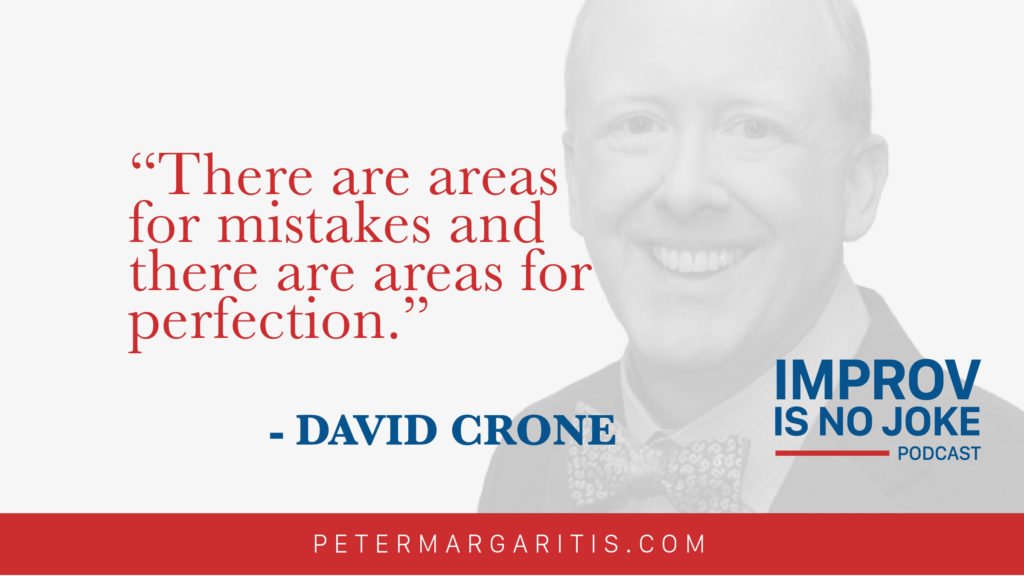
Have you ever had someone say, “I remember when you said…” and you think, “Did I say that?” Obviously, it’s a lot more fun when the next thought is, “Hey, that was pretty good,” rather than, “Gee, that was dumb.” I’ve certainly had my fair share of the latter. Fortunately, I’ve also had a fair share of the former.
One of those happened recently after being interviewed for a Podcast. It was several months between the interview and when the Podcast was released. As I read the preview text describing the conversation, I was struck with, “I said that? Wow. That’s good.”
It would be nice to think that we are full of wisdom and that this wisdom would flow freely. The reality is that each of us have bits of wisdom, based on our personal experiences, locked away in our brains. For most of us, it just sits there, untapped, until something triggers the lock.
How do you trigger the lock? What techniques do you employ to unlock the nuggets of wisdom in your own mind? And what techniques do you employ to unlock the secrets of others?
For me, the most consistent method is conversation. Real conversation. Not surface level. Courageous, probing conversation. The more probing the conversation, the deeper we go in the search for hidden nuggets. I need someone to ask questions, start down a path, see where it leads, take turns along the way, pull me back to the topic at hand from time to time, and push for deeper thoughts. It is also important that the person doing the probing maintain a positive, encouraging tone.
I’ve had the pleasure of being interviewed for a number of podcasts. Each time, the interviewer managed to extract nuggets that I had never put into words before. These thoughts, being core to my belief system, seemed obvious to me. The interviewer, though, made it clear that this was a new insight, at least to them.
Each of us builds up our core beliefs over time. Because they form so slowly, we take them for granted. Rarely do we have the opportunity to put these core beliefs into words. When we do, the results are enlightening, for ourselves as well as those to whom we are speaking.
When is the last time you had an in-depth, probing conversation with your boss (or their boss)? What nuggets of wisdom are lying there, dormant, waiting to be extracted by means of asking the right questions? What about your staff? How often to do you assist your best people to express the fundamental beliefs that make them the strong players that they are? And, finally, what nuggets of wisdom are there in your own brain, hiding, waiting to be shared with others?
Probe. Dig deeper. Find the nuggets. Share them with others.







